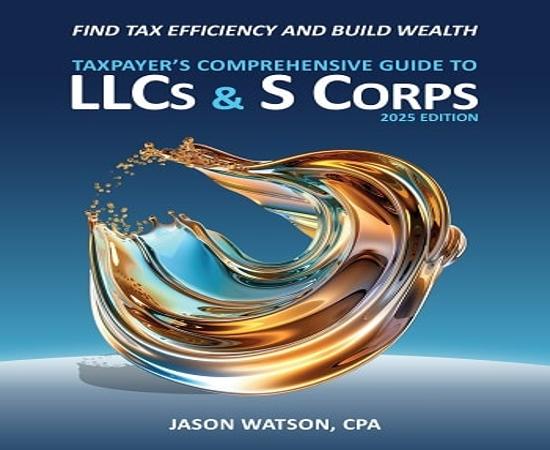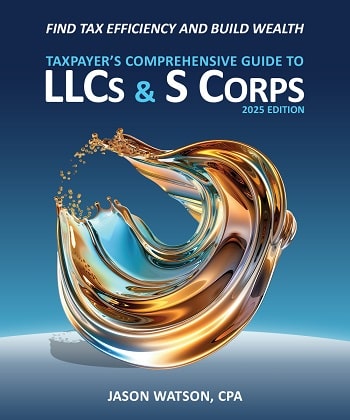Introduction
Welcome to a detailed overview of the Taxpayer’s Comprehensive Guide to LLCs and S Corps. In this blog post, we will explore the benefits and intricacies of LLCs and S Corps, providing you with valuable insights on how to navigate the tax implications of these business structures.
Benefits of LLCs and S Corps
When it comes to structuring your business, LLCs and S Corps offer unique advantages. LLCs provide liability protection for owners, while S Corps allow for pass-through taxation. By choosing the right entity, you can optimize your tax strategy and protect your assets.
Detailed Explanation of LLCs and S Corps
LLCs, or limited liability companies, combine the liability protection of a corporation with the flexibility of a partnership. On the other hand, S Corps are a tax designation that allows business income to pass through to shareholders without being subject to corporate tax.
Frequently Asked Questions
1. How do I choose between an LLC and an S Corp?
When deciding between an LLC and an S Corp, consider factors such as your business structure, tax goals, and future growth plans. Consulting with a tax professional can help you make an informed decision.
2. Can I convert my existing business to an LLC or an S Corp?
Yes, you can convert your business to an LLC or an S Corp by filing the necessary paperwork with the state and the IRS. However, it’s important to understand the implications of such a conversion on your tax obligations.
3. What are the tax benefits of an S Corp?
S Corps offer pass-through taxation, meaning that business income is not taxed at the corporate level. Instead, profits are distributed to shareholders, who report the income on their personal tax returns.
4. Are there any limitations on who can own an S Corp?
S Corps have strict ownership requirements, such as only allowing U.S. citizens or residents to be shareholders. Additionally, S Corps cannot have more than 100 shareholders.
5. How can the taxpayer’s comprehensive guide help me navigate LLCs and S Corps?
The Taxpayer’s Comprehensive Guide to LLCs and S Corps by Jason Watson is a valuable resource that provides expert insights on tax strategies, entity selection, and compliance requirements for LLCs and S Corps. It is a comprehensive reference for taxpayers looking to maximize the benefits of these business structures.
Conclusion
Choosing between LLCs and S Corps can have significant implications for your tax liability and asset protection. By understanding the benefits and considerations of each entity, you can make informed decisions that align with your business goals. The taxpayer’s comprehensive guide to LLCs and S Corps is a valuable resource that can help you navigate the complexities of tax planning and compliance in the realm of business entities.


